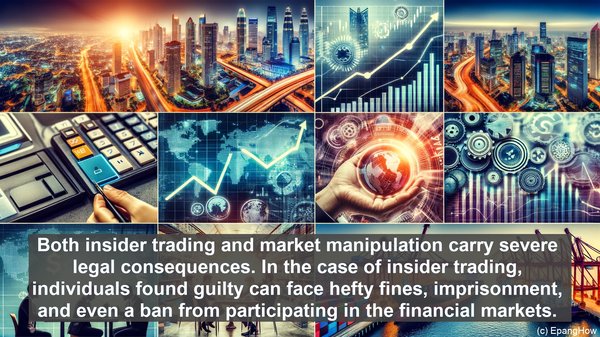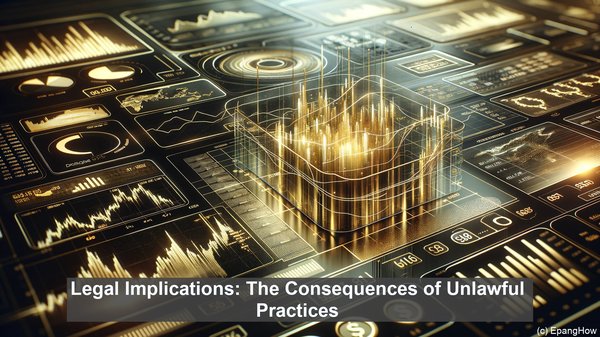Introduction: The Intricacies of the Stock Market
Hello, and welcome to our article on the distinction between insider trading and market manipulation. The stock market, a dynamic and ever-evolving entity, is governed by a set of rules and regulations. These rules are in place to ensure fairness, transparency, and equal opportunities for all participants. However, there are instances where individuals or entities engage in activities that disrupt this equilibrium. Insider trading and market manipulation are two such practices that warrant close attention.

Insider Trading: The Breach of Confidential Information
Insider trading, as the name suggests, involves the trading of securities based on material non-public information. This information, often confidential and not yet disclosed to the public, can significantly impact the value of the security. When an individual who possesses this information trades on it, they gain an unfair advantage over other market participants. This advantage, derived from privileged knowledge, is considered illegal in most jurisdictions.

Market Manipulation: Distorting the Natural Market Forces
Market manipulation, on the other hand, is a broader term that encompasses various activities aimed at artificially influencing the market. These activities can range from spreading false information to creating artificial demand or supply. The goal of market manipulation is to create an illusion of market movement, often to benefit the manipulator’s positions. This practice not only distorts the market’s natural forces but also undermines its integrity.
Legal Implications: The Consequences of Unlawful Practices
Both insider trading and market manipulation carry severe legal consequences. In the case of insider trading, individuals found guilty can face hefty fines, imprisonment, and even a ban from participating in the financial markets. Market manipulation, too, is met with similar repercussions. Regulators and authorities are constantly on the lookout for such activities, employing sophisticated surveillance systems to detect and deter market manipulation.
Impact on the Market: The Ripple Effect
The repercussions of insider trading and market manipulation extend beyond the individuals involved. These practices can disrupt the market’s efficiency, erode investor confidence, and create an uneven playing field. In extreme cases, they can even trigger market crashes or financial crises. Recognizing the gravity of these activities, market participants, regulators, and the legal system work in tandem to combat and prevent them.
